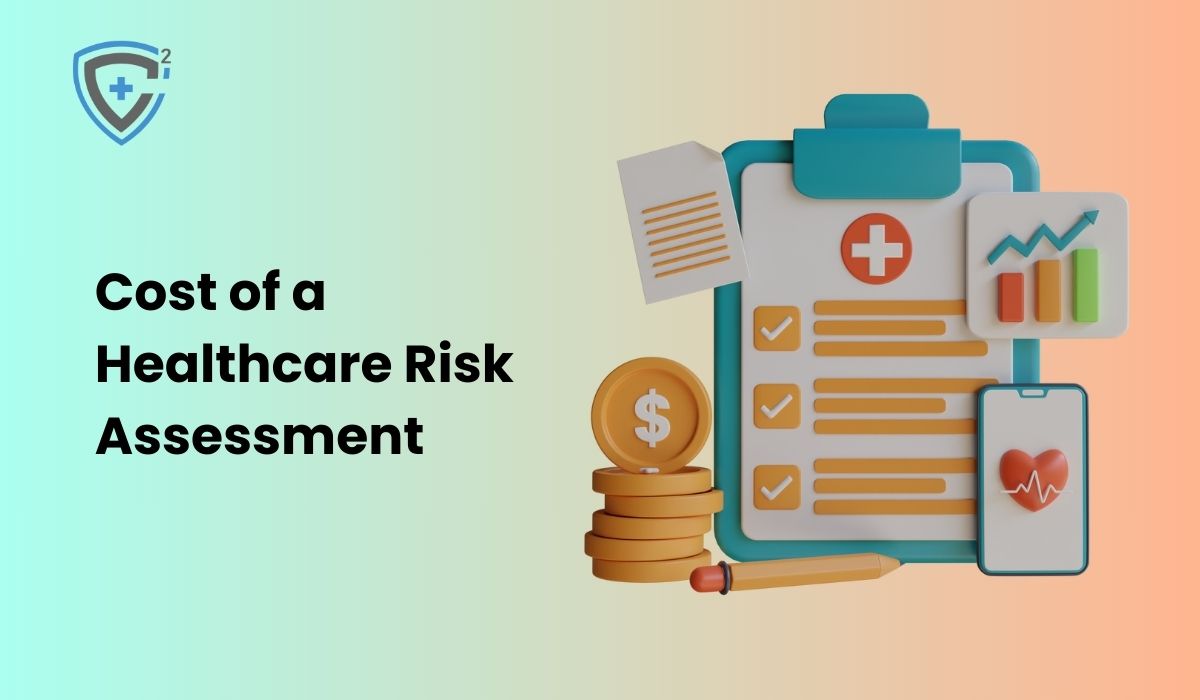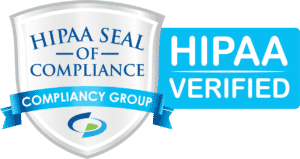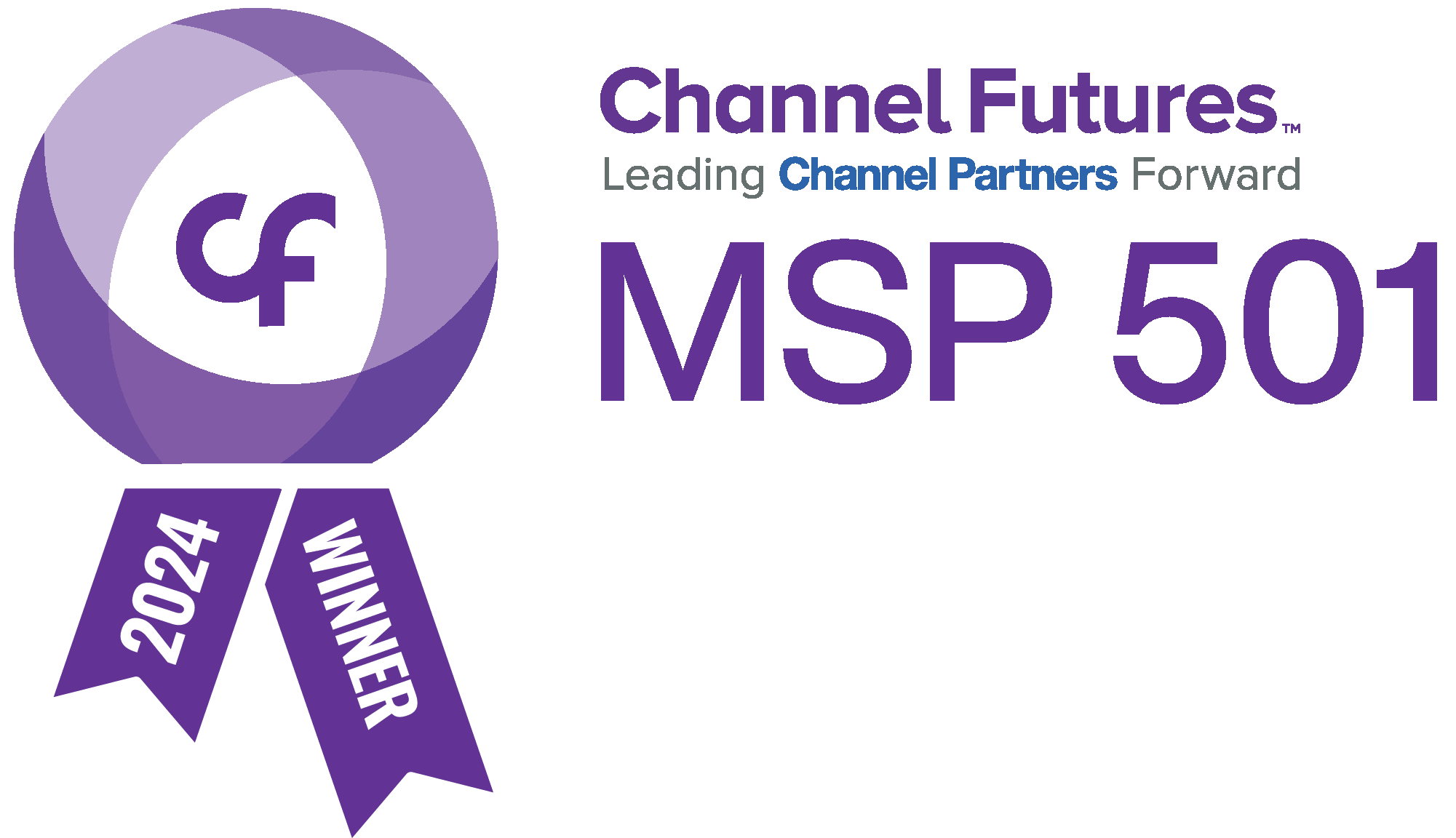sThe cost of a healthcare risk assessment expected to grow by 7% to 9% in 2024, risk management incident reporting is an essential strategy to address the financial challenges. By thoroughly identifying, verifying and justifying potential risk, you can learn how this proactive approach not only reduces medical expenses but also improves safety and ensures patient outcomes are improved. According to National Health Care Expenses (NHE) data from the Medicare Medicaid Service Center (CMS), from 2000 to 2022, U.S. healthcare costs surged from about $1.4 trillion to $4.5 trillion.
What is cost of risk assessment in healthcare?
Regarding the cost of a healthcare risk assessment, this may vary due to the size of the organization, the accuracy for the assessment required and the level of professionalism needed. Health care organizations that have more services delivered tend to experience higher cost as compared to those small clinics or practices. Special skills, including cybersecurity or some legal advice, also play a role in determining the price, as well as the location of the organization. Despite the fact that the cost here might appear to be rather expensive the assessment of risk is an investment that eliminates costly mishaps, cheapens risks, and safeguards patients and staff.
Healthcare Risk Assessment and Factors that Influence Its Cost
The cost of a healthcare risk assessment also depends on some factors. If you want to learn more about Healthcare Compliance Risk Assessment cost, we have compiled the best guide. Below are some of the main factors that influence the overall cost:
1. Size of the Organization
One of the most noticeable factors that have an impact on the final cost is the size of the healthcare organization. Larger organizations such as big hospitals or health systems will usually operate in more complicated ways and will have many more options where possible hazards lie. Perhaps due to having fewer risks to assess, the cost of undertaking a risk assessment may vary depending on the size of the healthcare providers or clinics.
2. Scope of the Assessment
The scope therefore relates to the depth or breadth of the risk assessment. A simple risk evaluation exercise may consider a few risks such as patient dangers or adherence to proper health laws. However, an assessment may include almost any area, such as security risks, financial risks, and environmental risks. The higher the scope of risk assessment the higher the cost that is likely to be involved since it involves more professionals, time, and money.
3. Expertise Required
Risk assessments demand experts who should be in a position to go through different risk identification and evaluation processes. These experts can be employees of the firm or outsiders hired through an independent contractor fashion. It is always expensive to contract a consultant with prior experience in healthcare risk management since services associated with classy and sensitive areas such as cybersecurity and legal issues will be costly.
4. Type of Risk Assessment
It also means that different types of risk assessments can also bring an impact in the cost. For example, a basic risk evaluation conducted to improve the patient safety, could be less costly than an evaluation, performed, geared toward risk compliance or information technology security. This will affect the cost since each of the forms of assessment will require a different level of work and professionalism.
5. Geographical Location
The location of the healthcare organization is also likely to affect the cost of the risk assessment too. For instance, risk assessments in the large metros or areas that have a higher standard living can be relatively costly. Also, specific local laws and regulations may force the need for additional and separate assessment, and this will contribute to total costs. On the other hand, rural areas may have cheap charges for risk assessments compared to the urban areas.
The Elements of a Healthcare risk Assessment
While performing the cost of a healthcare risk assessment, there are some factors which must be looked at. Here are the main areas typically included in a healthcare risk assessment:
1. Risk Identification
Any risk assessment process is always characterized by the Risk Identification process. This is the point where the various specialties within the healthcare organization review all the organization’s segments in search of areas that may be exposed to risks. For example, they may focus on the utilization of medical equipment as well as the treatment methods used to patients and the educational activities of the personnel as for possible problems.
2. Risk Analysis
After identification, a risk needs to be evaluated to find out the opportunity or possibility that they would happen and the significances of the outcome that will arise from the risk. The assessment for health risk may involve such issues as: the scale of the risk and the likelihood it could happen again. Hence, this analysis allows establishing priorities as regards to the most vital risks to address in healthcare settings.
3. Risk assessment
The process after recognizing and assessing risks is the evaluation of the risks. In doing this, one has to compare the risks, weighing them against each other so as to determine which ones are most urgent. It is possible to have a high risk event that probably will occur with little damage as there are low-risk events that are unlikely, but if they occur can be disastrous.
4. Risk Control and Management
Once the risks are assessed, healthcare organizations must then identify what is needed to control or reduce them. This might take a protective measure through more extensive training, purchase new equipment, or instituting safe practices. How serious these measures are would only depend on how significant the identified risks are and how much time or effort is necessary for justifying them.
5. Monitoring and Review:
It doesn’t stop there, as it completes the initial risk evaluation. Healthcare organizations need to follow up with monitoring their risks and updating their management plans at different points in time. Risks might emerge or change from previously identified ones over time. Regular reviews ensure the healthcare provider stays on top of potential dangers and remains ready to address them at any given time.
FAQs
What a healthcare risk assessment actually is?
The healthcare risk assessment can be described as an activity performed by healthcare entities to detect and assess operational risks in order to protect patients, workers, and the institution itself.
What is the importance of a healthcare risk assessment?
It aids in increasing patient safety, decrease risk to financial losses, increase regulatory compliance, and increase of care quality.
What factors affect the cost of a healthcare risk assessment?
The cost of a healthcare risk assessment depends on several factors which include size and structure of the organization to be assessed, extent of the assessment, kind of expertise that is needed, kinds of risks involved and geographical location.
What extent does size of the healthcare organization come into play with the cost?
Based on experience, it was found that larger organizations require more locations and the number of assets translating to more areas of evaluation which are costly.
Conclusion
It is important to know the cost of a healthcare risk assessment to the healthcare organizations so that they can take the right steps in risk management and protect their patients and staff. Although the cost of the assessment is different for different organizations because of the size of the organization, the scope of the assessment, the expertise needed, and the location, the value of conducting a detailed risk assessment compensates the cost. Regular risk assessments by healthcare providers can cut the risk of serious incidents, adherence to regulatory requirements, and thus, a much safer environment for all of them.
Read More:
Healthcare Compliance Risk Assessment: Protect Your Organization
Top Risk Assessment Tools for Healthcare: Ensure Safety
Top Healthcare Risk Assessment Software for Improved Safety




